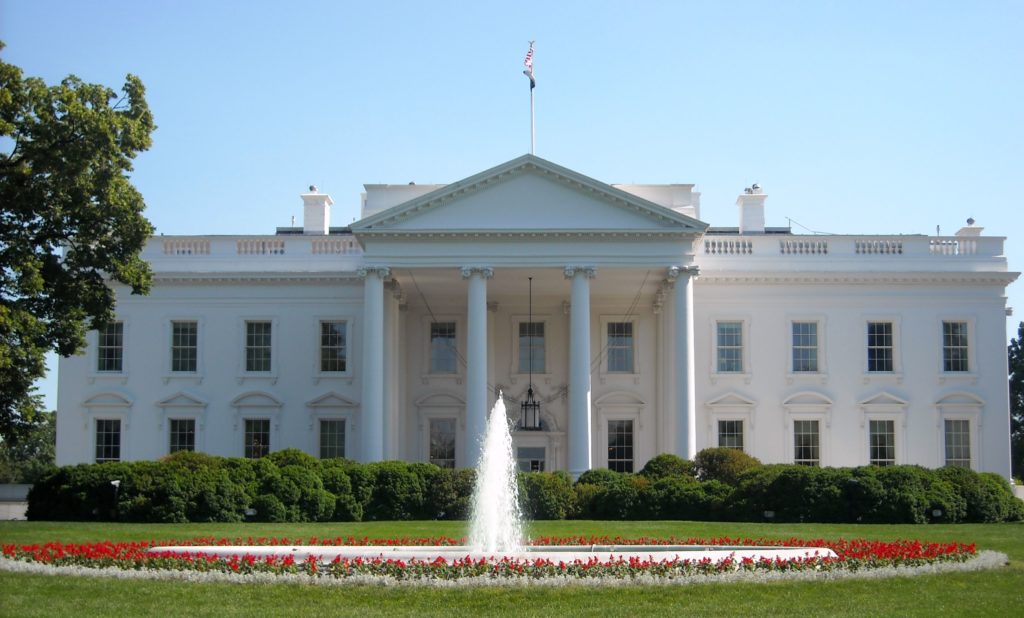May 28, 2019

In recent months, the Trump Administration has ramped up efforts to make life harder for people in poverty. Their latest sneak attack would brazenly declare, by government fiat, that fewer people in this country are poor. By making people already receiving assistance suddenly ineligible for government programs that help them put food on the table or see a doctor, and preventing new applicants from qualifying for aid, President Trump would be sharply increasing poverty, yet shockingly be able to release data claiming that he has lowered it.
Each year, the federal government uses a complex calculation to set the income level at which an individual or a family is deemed to be poor, and therefore eligible for government aid. While eligibility varies by program, a family of four making more than roughly $25,000 per year will lose eligibility for certain benefits, while others will cut off at a hardly more generous $33,000. That is a mere $2,000 to $2,750 per month, which must pay for all family expenses.
The original poverty guidelines were developed in the early 1960’s. Since then, the guidelines have increased annually to account for inflation — ensuring that current beneficiaries do not lose assistance when their incomes grow modestly. Today, however, numerous studies have demonstrated what we instinctively know — primarily due to dramatic increases in the cost of family housing and health care expenses, the guidelines are far too low to allow Americans to meet the burdens they face, particularly in an economy where too many workers are trapped in minimum wage jobs.
Unmoved by these challenges, the Trump Administration is considering a proposal that would lower the annual inflation rate by which the poverty guidelines are raised. While this sounds technical, the impact would be enormous. In a country where fairness dictates that we provide help to more people in need, by lowering the poverty line our government would instead take away benefits from millions who currently receive them. Communities would be torn apart, not brought together.
Today’s economy does not work for most people. As a result, even when parents hold down two jobs to try and make ends meet, they are forced to make almost impossible choices between paying the rent, putting food on the table each night, or seeing a doctor. Fortunately, a number of successful government programs help ensure that adults can live in dignity, and raise their children to pursue their full potential.
Nutrition assistance programs keep millions of children and families from being hungry, allowing parents to provide healthy food and children to perform better at school. Health coverage ensures that adults and children who are sick can see a doctor and stay healthy. And the Head Start program gives kids the chance to succeed in school.These successful programs help preserve a minimum level of economic security for many families.
If these proposed changes to the poverty guidelines are implemented, millions of children and families would either lose federal help entirely, or receive reduced benefits — at a time when we need to be offering more help. This new effort is just another piece of the Administration’s ongoing war on the poor. They have opposed raising the minimum wage, fought to take health care from people who need it, and sought to tear apart immigrant families by restricting their access to housing and public benefits. The Shriver Center is fighting all of these attacks, and stands ready to oppose the newest audacious proposal to harm the lowest income people.
Join the fight by signing up for the Shriver Center’s Take Action tool which makes it easy to contact elected officials about policies that impact economic and racial justice.
Fiscal policies should ensure that all communities can thrive.
Systemic inequities and the legacy of structural racism make it harder for low-income people and people of color to achieve financial stability.